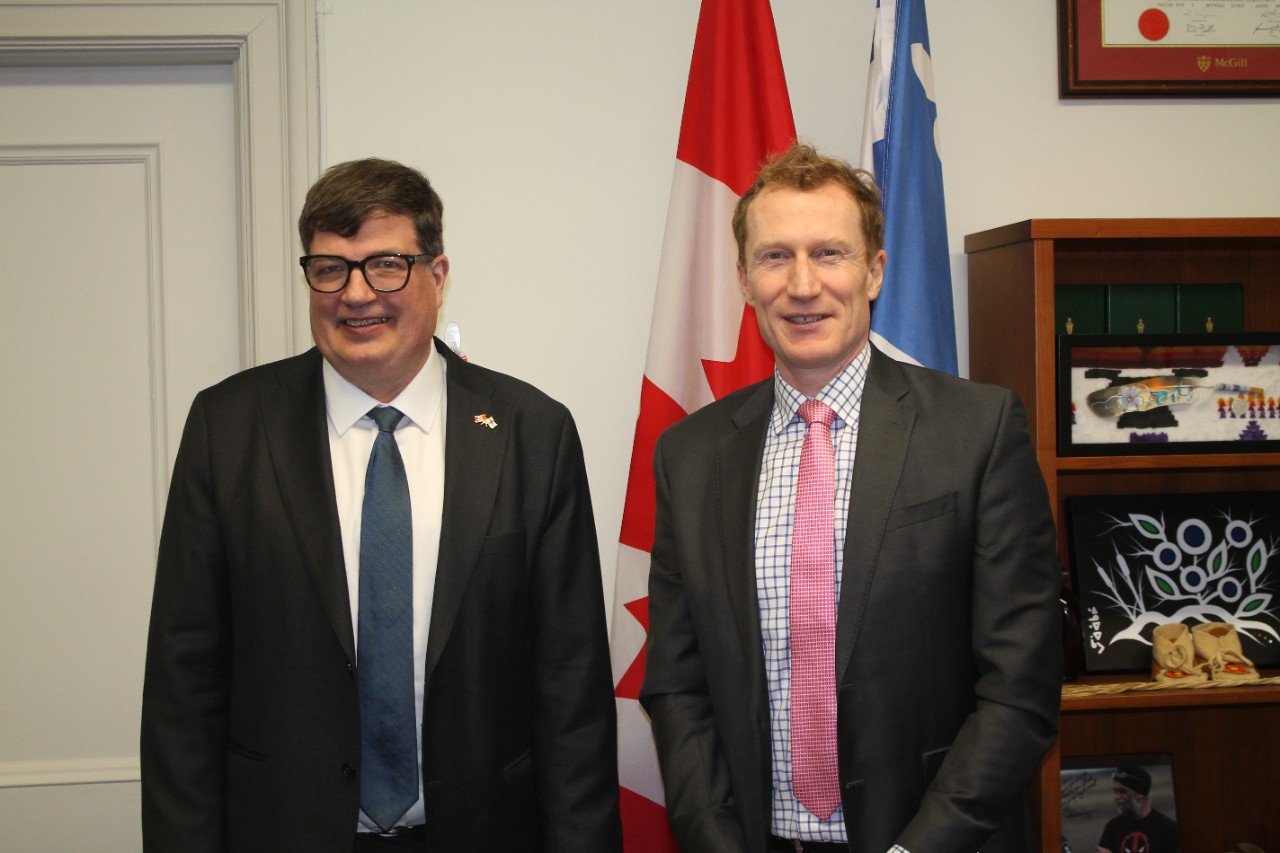Canada’s International Student Program has long been a beacon for aspiring students worldwide, offering quality education and diverse cultural experiences. However, the recent announcement by Immigration, Refugees, and Citizenship Canada (IRCC) on February 5, 2024, unveils significant reforms aimed at managing the program’s growth sustainably. These changes underscore the balance between welcoming international talent and maintaining the integrity of the education system.
Provincial Attestation Letter (PAL)
A pivotal change in the application process for international students is the requirement of a Provincial Attestation Letter (PAL), effective from 8:30 a.m. ET on January 22, 2024. This document serves as confirmation that the student’s enrollment aligns with a provincial or territorial quota under the national cap. The necessity for a PAL applies predominantly to post-secondary study permit applicants, including those enrolled in non-degree granting graduate programs. Exceptions to this requirement include primary and secondary school students, master’s or doctoral degree students.
The introduction of the PAL represents a collaborative effort between federal and provincial governments to manage the influx of international students more effectively. By March 31, 2024, provinces and territories are expected to implement a strategy for issuing these attestations, with special considerations for Quebec’s unique educational governance.
Post-Graduation Work Permit (PGWP)
In a move to bolster Canada’s labor market with highly qualified individuals, IRCC will extend the duration of the PGWP for master’s degree graduates. Starting February 15, 2024, graduates from master’s programs shorter than two years, who meet all PGWP eligibility criteria, will be eligible for a 3-year work permit. This extension aims to provide these graduates with ample opportunity to gain the Canadian work experience required for permanent residency applications.
This policy adjustment highlights the government’s recognition of the value master’s graduates bring to the Canadian workforce and its commitment to facilitating their transition into the job market.
Restricting PGWP for Public-Private Partnership College Programs
Amid concerns regarding the quality of education and student support in public-private partnership college programs, IRCC has decided to restrict PGWP eligibility for these institutions. This decision stems from critiques, such as those from the Auditor General of Ontario, pointing to insufficient oversight in these programs. While current students will retain their eligibility for a PGWP, new enrollees will be excluded, signaling a push towards higher educational standards and accountability.
Open Work Permit Eligibility for Spouses
The eligibility criteria for open work permits for the spouses and common-law partners of international students are set to be updated in the coming weeks. The revised policy will limit eligibility to partners of students in graduate and professional degree programs only. This adjustment aims to streamline the work permit process and ensure that it complements the main objectives of the International Student Program.
Canada’s reforms to its International Student Program reflect a strategic approach to managing educational immigration. By introducing measures such as the PAL and adjusting work permit eligibilities, Canada aims to sustain the quality of its educational offerings and ensure that international students contribute positively to the country’s socio-economic fabric.












